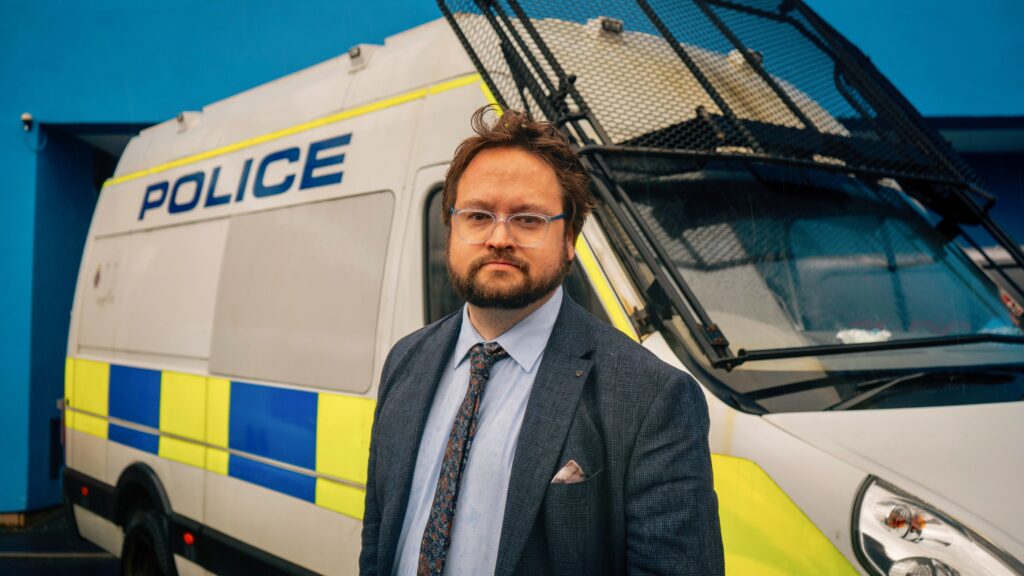Over the next year, Cleveland Police and Crime Commissioner Matt Storey will probe the force’s record on some of the most critical areas of policing.
As part of his monthly scrutiny programme, Matt will ask questions on how Cleveland Police handles certain types of crime – and what they are doing to improve their performance.
Today, Matt has published his full scrutiny schedule for the period April 2025 to March 2026.
Antisocial behaviour
Among the areas coming under the spotlight are neighbourhood policing, offending and re-offending, serious violence, violence against women and girls (VAWG) and antisocial behaviour (ASB.)
Following each scrutiny meeting, the PCC decides whether he is assured, partly assured or not assured by the information provided by the force.
Depending on the outcome of each meeting, the PCC identifies what action needs to be taken. All outcomes are published online for the public to read.
Actions are recorded and monitored so the PCC can keep a “watching brief” on key areas. He can also keep track of whether actions have been carried out.

Maintain improvements
Matt said: “It’s really important that I help Cleveland Police to maintain and build upon the improvements they have made in the last few years.
“The best way I can do this is to scrutinise their work and hold them to account for their performance.
“Many of this year’s policing topics are based around the priorities in my Police and Crime Plan and on matters I know are of most importance to Cleveland’s communities.
“However, if an important – or controversial – issue comes up, I won’t shy away from addressing it and I am prepared to re-arrange my scrutiny programme to accommodate any pressing matters.”
Holding Cleveland Police to account is one of the PCC’s most important roles while in office.
In addition to planned monthly meetings, Matt holds more informal weekly meetings with Cleveland Police’s Chief Constable.
Public involvement
Matt is also exploring new ways to involve the public directly in police scrutiny, to ensure a diverse range of voices are heard in holding the force to account.
He added: “It’s essential that the public play a part in raising the issues that matter to them, providing an independent view on policing in their area.
“I will be recruiting for a number of voluntary roles in the coming weeks to support me in these efforts.”
